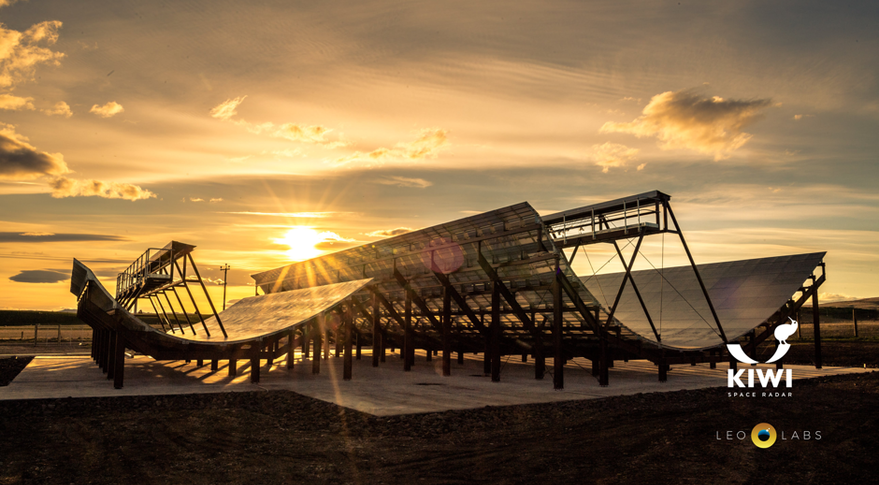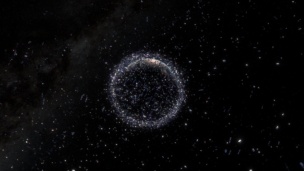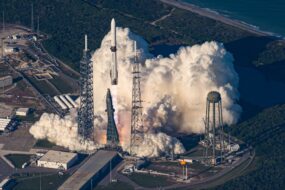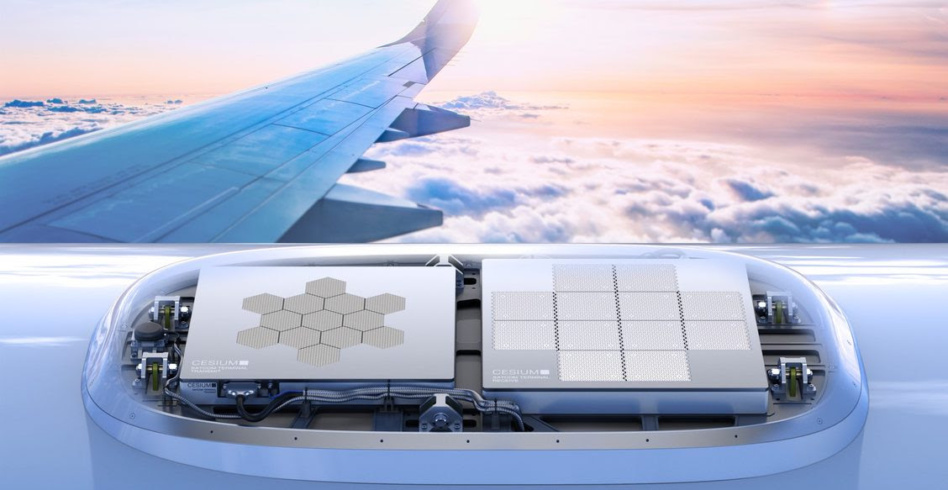LeoLabs announced that it has selected a site in Argentina for its next ground radar for remotely identifying and tracking objects in space. The new site, called the Argentina Space Radar (AGSR), is expected to be completed later this year.
Keeping an eye on orbit: The Menlo Park, CA-based startup is building out a global network of ground radars to identify and track spacecraft and debris in orbit. It’s got a need for speed, popping up new radar sites back to back around the globe.
- Most recently, the company unveiled a site in Western Australia (WASR).
- LeoLabs currently operates 10 radars at six sites around the world.
Before LeoLabs, “nobody had contemplated a worldwide network of radars,” CEO Dan Ceperley told Payload in January when the company unveiled WASR. “We’re in the business because nobody else knew how to build radar sites quickly.”
The company uses its tracking data to support a handful of other products, from collision avoidance analysis to an insurance tool.
Down to Argentina: When it comes to tracking objects in space, the southern hemisphere is a bit of a blind spot. Three of LeoLabs’ radars—the two at WASR and another in New Zealand—are currently tracking the sky above the southern hemisphere from Earth, but on the other side of the planet is currently left untracked.
The Argentina site will begin to fill that gap in tracking data. “As our third radar site in the Southern Hemisphere and our first in South America, the Argentina site is critical to closing the global SSA gap in coverage and enhancing scrutiny of events happening over this part of the world,” Ceperley said in a press release.
What’s next? LeoLabs is eyeing a handful of other radar sites around the world, and is planning several new openings in 2023 and 2024.





